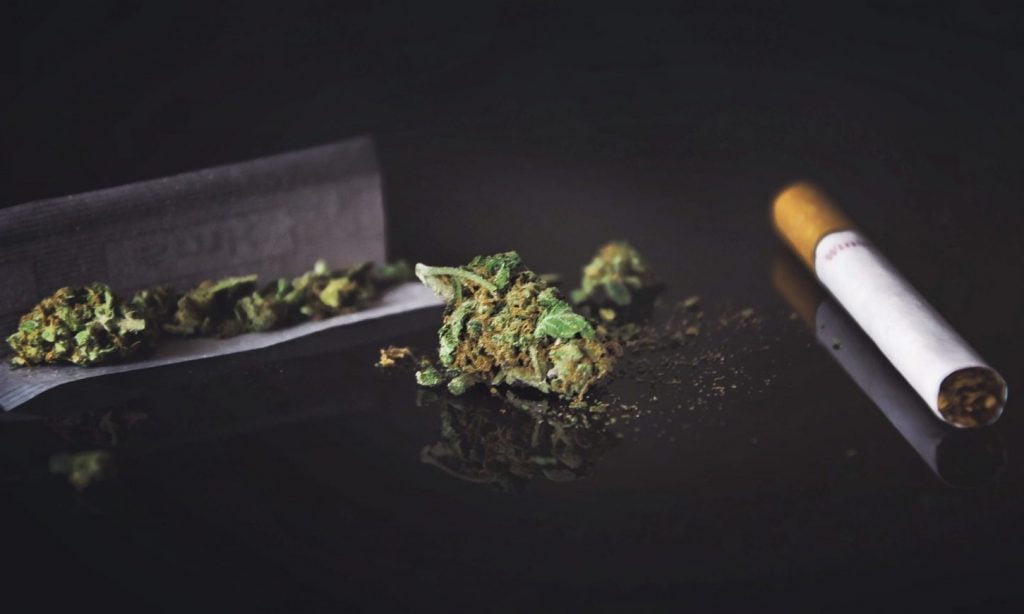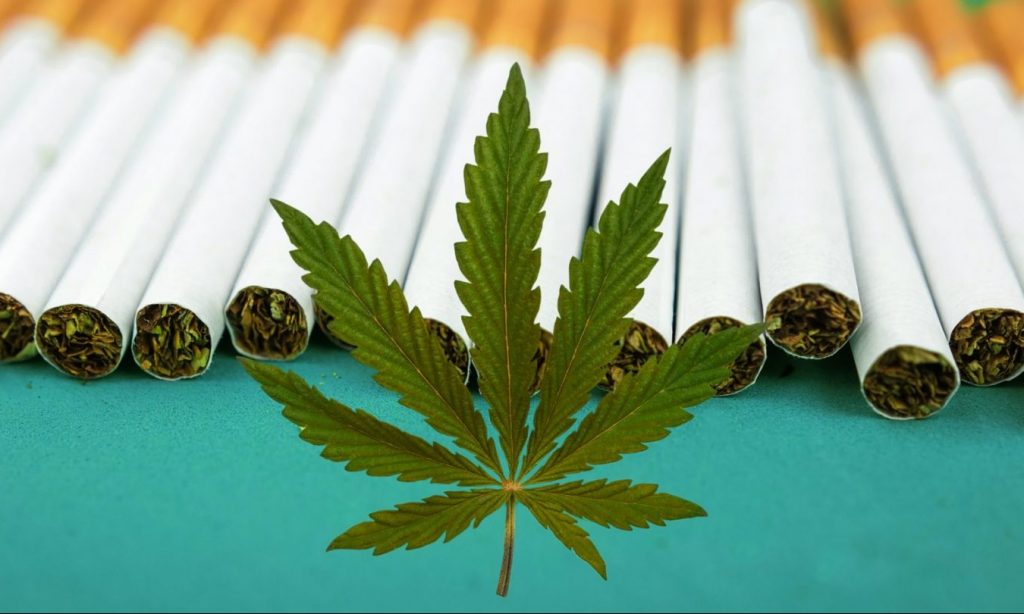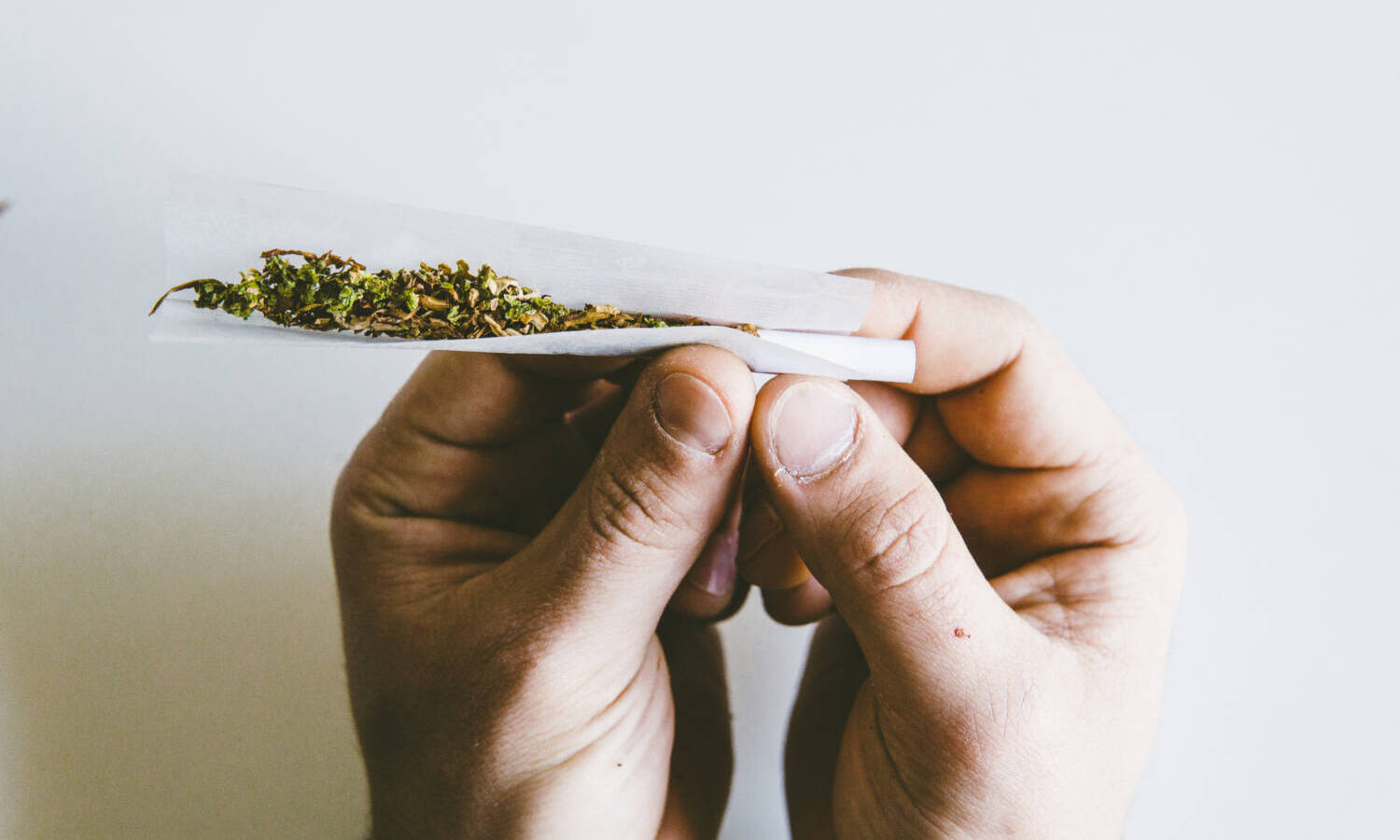As tobacco sales continue to dwindle, and the research backing the health claims behind cannabis compounds rise, the country is moving toward the dawn of a booming new industry.
In the past 30 years or so, there has been a major shift in the public perception of both tobacco and cannabis industries. The popularity of tobacco has been on a slow decline, while cannabis use (and acceptance) is on the rise.
But what do the futures of these markets look like from a practical, legal, and financial perspective? In this article, we’ll discuss a bit of recent history in the tobacco and cannabis industries in the United States, as well as speculate on future legal changes.

At the end of the day, which will come out on top: tobacco or cannabis? By gathering and analyzing the opinions of industry experts, we hope to get a good idea of how the future will answer this question.
A Recent History of Tobacco and Cannabis Industries in the U.S. The Rise and Fall of Tobacco
Over the past 50 years, tobacco-smokers in the U.S. population fell from 42 to 15%. (1) The height of tobacco use peaked in 1963, with smokers consuming an average of 4,345 cigarettes per year. Though scientists knew about the health risks associated with inhaling tobacco smoke as early as the 1940s, tobacco companies did their best to bury these findings.
And in fact, many doctors didn’t really bang the drum on the issue until decades later, even though it was an accepted fact that smoking causes cancer in the late 50s. (2) The tobacco lobby was a powerful one, and it wasn’t until the 90’s that sales began to really take a hit. People finally understood that they were risking their health and lives for no benefit at all.
Even now, the delivery method has shifted a bit to accommodate a younger generation. While cigarettes are on the wane, vapes have come onto the market… just one more way for tobacco to get its last gasp.
The Fall and Rise of Cannabis
The cannabis industry has been on an almost completely opposite trajectory over the years. In the early years of the original colonies, many farmers (including George Washington) grew cannabis on their land. These plants were turned into paper, fabric, ship sails, and rope. Physicians in the 1800s used cannabis to treat various conditions, from cancer to epilepsy.
Then in the early 20th century, there was a shift in the public opinion of cannabis in the United States. Smoking cannabis was pretty much unknown to much of the U.S. population in those days…but small groups of Mexican immigrants were doing it and anti-Mexican sentiments took hold in a large way. In Texas, law enforcement began to circulate stories of violent crimes committed by those who smoked cannabis. The plant itself was increasingly referred to as “marijuana” as a scare tactic.
Government officials repeated claims that marijuana was the drug of choice for minorities, jazz musicians, and other “undesirables”. The movie “Reefer Madness” (which later became a cult classic hit for stoners) was released. It followed the stories of “wholesome American teens” captured by the evil of the drug and forced into sexual deviancy, murder, and suicide.
RELATED: 3 Reasons Why Big Tobacco Could Take Over Legal Cannabis Sooner Than You Think
The DEA was formed and took action against cannabis, waging the “War on Drugs” under the Nixon administration. In 1969 only 12% of Americans thought that marijuana should be legalized by the federal government. Through the ’80s and early ’90s, marijuana continued to be largely vilified as a “gateway drug” to harder substances. Then in 1996, things began to look up for cannabis.
Possibilities of Federal Cannabis Legalization
1996 was the year that California legalized cannabis for medicinal use. More and more, activists were getting out the word on the health benefits of THC and CBD…and an increasingly wellness-seeking public was beginning to listen. In 2019, 66% of the American public approved the legalization of cannabis–an astonishing leap over a short period of time.
As of 2019, the federal government took a quietly favorable step in the process by approving a bill to remove cannabis from the Controlled Substances Act, although no further action has been taken since then. Cannabis laws can be confusing, as it is still considered illegal on a federal level, while individual states have the power to decide how to legislate its use within their borders.

Thanks to the Farm Bill of 2018, hemp production and sales became legal on a federal level, although the hemp laws vary from state to state. The laws are a bit fuzzy and difficult to navigate and can vary widely at state levels in a variety of ways.
In 36 states, the use of medical cannabis is legal. 18 states allow recreational cannabis use, while 13 states have decriminalized cannabis use altogether. In the meantime, the FDA has begun to approve certain derivative cannabis compounds for use in medicines: THC in Marinol and Syndros, and CBD in Epidiolex.
RELATED: Is Cannabis The Future For Big Tobacco?
While the legalization of cannabis is inevitable in the U.S., it is nevertheless moving forward slowly. This is due to a large contingent of older Republican lawmakers who have continued to hold onto an inherent bias against the plant.
As the country moves slowly forward, the most likely scenario, according to experts, is that more states will begin to pass medical use laws or recreational use laws, while the federal government continues with decriminalization and expungement. It’s essentially a waiting game, as the old guard of more conservative lawmakers die off.
The Cannabis Market vs Tobacco Market: What Happens Next?
As the market opens up for both THC and CBD products (not to mention a variety of other exciting new cannabinoids), profits are expected to boom in this industry. The greater issue for many experts is whether large companies can be prevented from dominating the marketplace with cheap, generic cannabis products.
RELATED: Why Do The British Insist On Confusing Cannabis With Tobacco?
However, Concordia University law professor Ryan Stoa doesn’t believe this to be a problem due to the variety of strains available. He went on to say: “On the regulator size, states have a role to play. You already see states like California putting a cap or limit on the size of marijuana farms, essentially saying, ‘If we’re going to legalize this industry, we want to spread the benefits to as many people as possible.’ Other states are capable of replicating that model.’”

Meanwhile, marijuana is big money–and money talks in the United States. According to Viridian Capital Advisors, the marijuana industry raised $116.8 billion in 2019. This is expected to grow as more and more states begin lifting bans on cannabis.
A Surprising Harbinger of Tobacco’s Future
As to whether cannabis will overtake big tobacco, there is an interesting story that shows which way the wind is blowing. In the conservative state of Kentucky, a place where state lobbyists have steadily resisted legalization bids, hemp growers have built an enormous movement.
In fact, tobacco farmers are beginning to transition some of their land from tobacco to hemp crops. One third-generation large tobacco farmer, Shack Newman stated: “Tobacco is, I won’t say on the way out, but it sure seems like it.” He went on to say that hemp cultivation is far less labor-intensive.
Experts who are watching the situation speculate that hemp could outstrip tobacco in the near future. And this is just the beginning. As tobacco sales continue to dwindle, and the research backing the health claims behind cannabis compounds rise, the country is moving toward the dawn of a booming new industry — one that is expected to overtake the once thriving tobacco trade.
This article originally appeared on Benzinga and has been reposted with permission.


